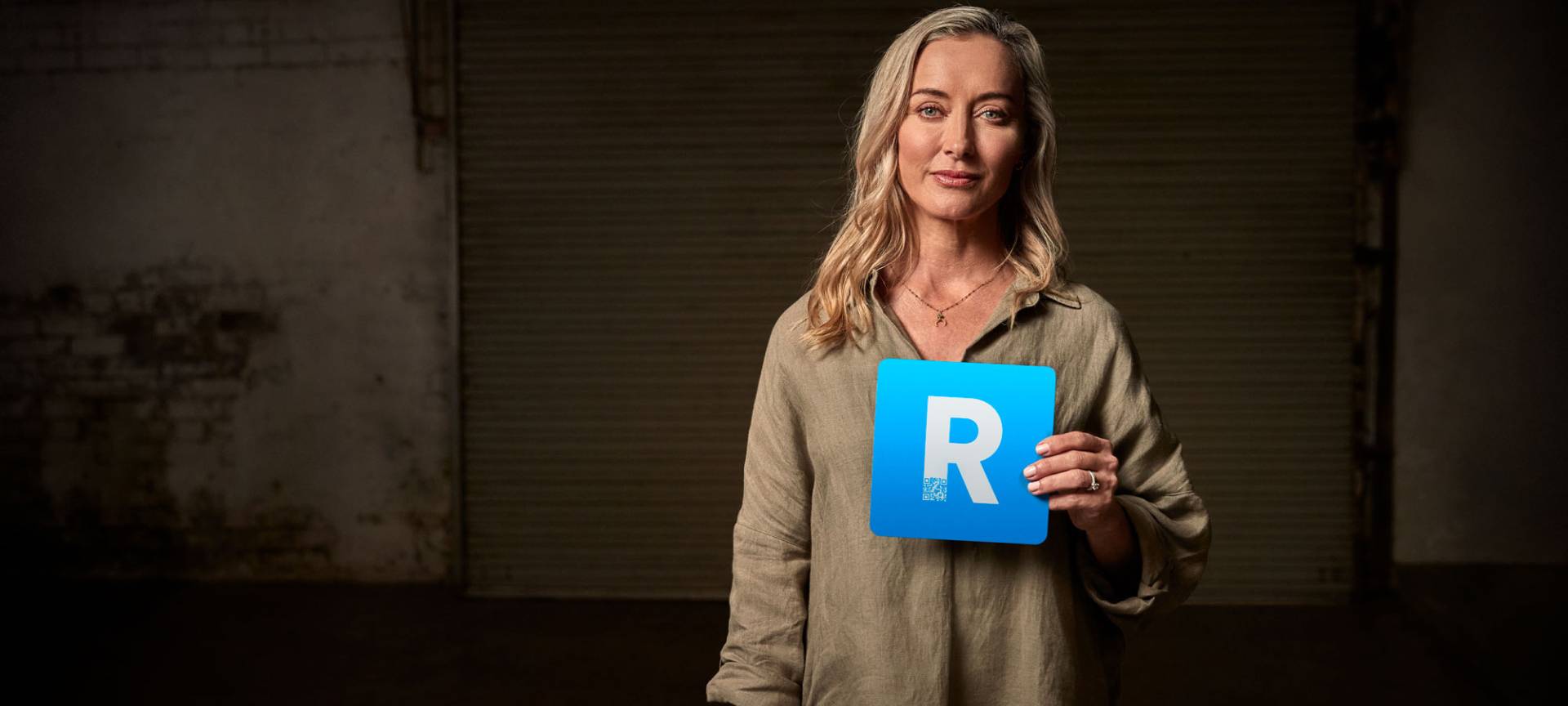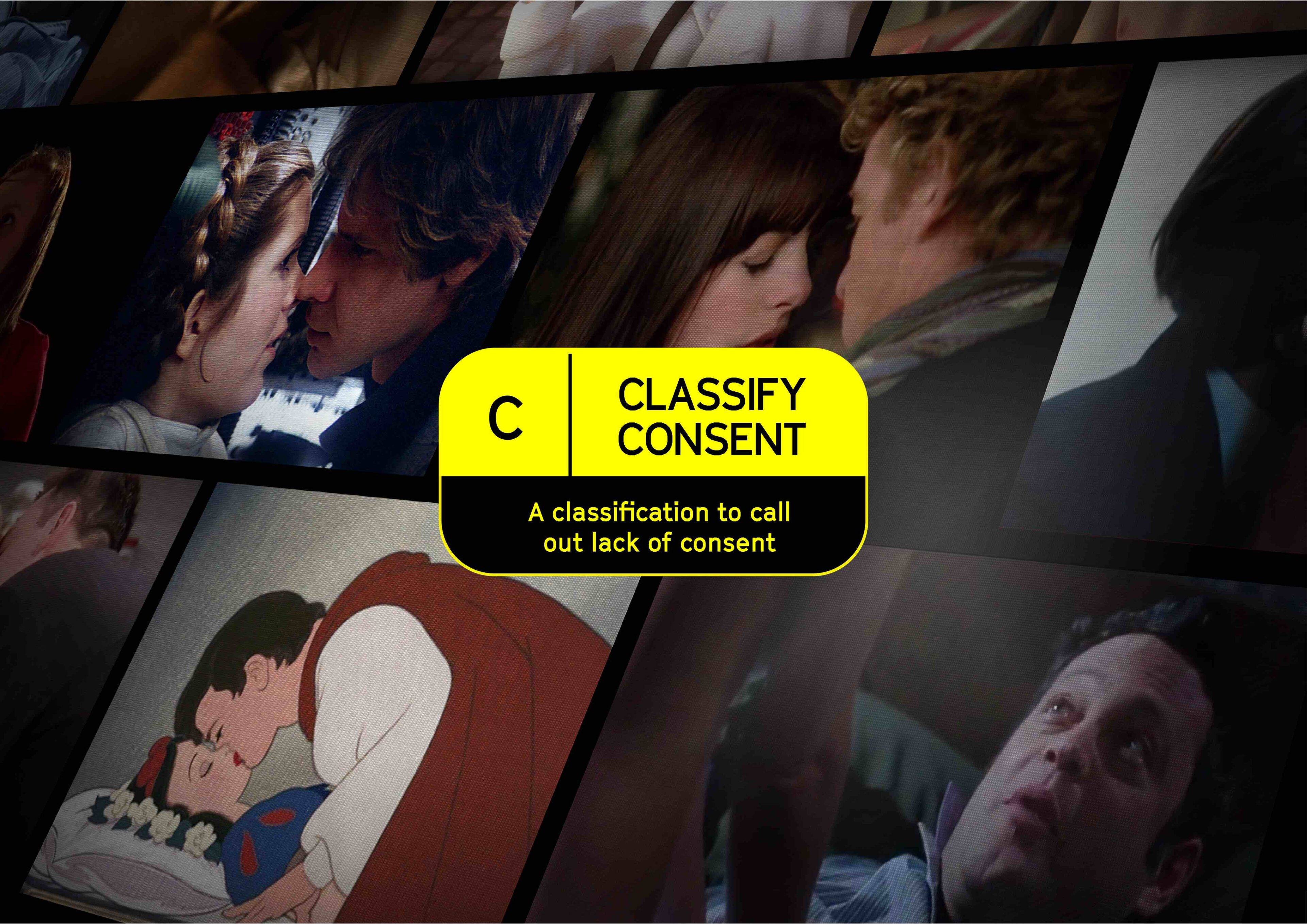
Classify Consent
Consent Labs
Overview
The first-ever film classification (C) to call out a lack of consent on our screens.
Our campaign turned passive viewers into active spotters, on the lookout for non-consent – turning entertainment into education in a way that spoke to a new generation, rather than at them.
Challenge
While progressive new laws had swept the nation, our everyday understanding of consent had not progressed. Not-for-profit group Consent Labs had tried to bridge the gap through workshops, but we needed a mass approach in order to make a cultural impact.
For inspiration, we looked where progress was unknowingly being undermined – in our favourite TV and film. Australians were collectively spending 780,000,000 hours a year watching a lack of consent take place on their screens. So, seeing as we knew that what people see on screen normalises that behaviour in real life, this was where we could culturally address consent.
Disruption
We wanted to empower Australians to recognise non-consensual acts on a mass scale in all facets of their lives, and we needed a public awareness campaign unlike any other to do it.
We launched #ClassifyConsent, a campaign for the first-ever film classification (C) to call out a lack of consent. Just like with ‘violence’ (V), the simple classification informs viewers of a ‘lack of consent’ before they watch content. But the intent was longer term, to turn entertainment into education each time it’s seen and influence our attitudes and behaviour culturally – implicit acceptance becomes explicit action.
Both educational and action based, we explained what consent was with every asset, as well as encouraging viewers to sign a government petition to create real change on our screens.
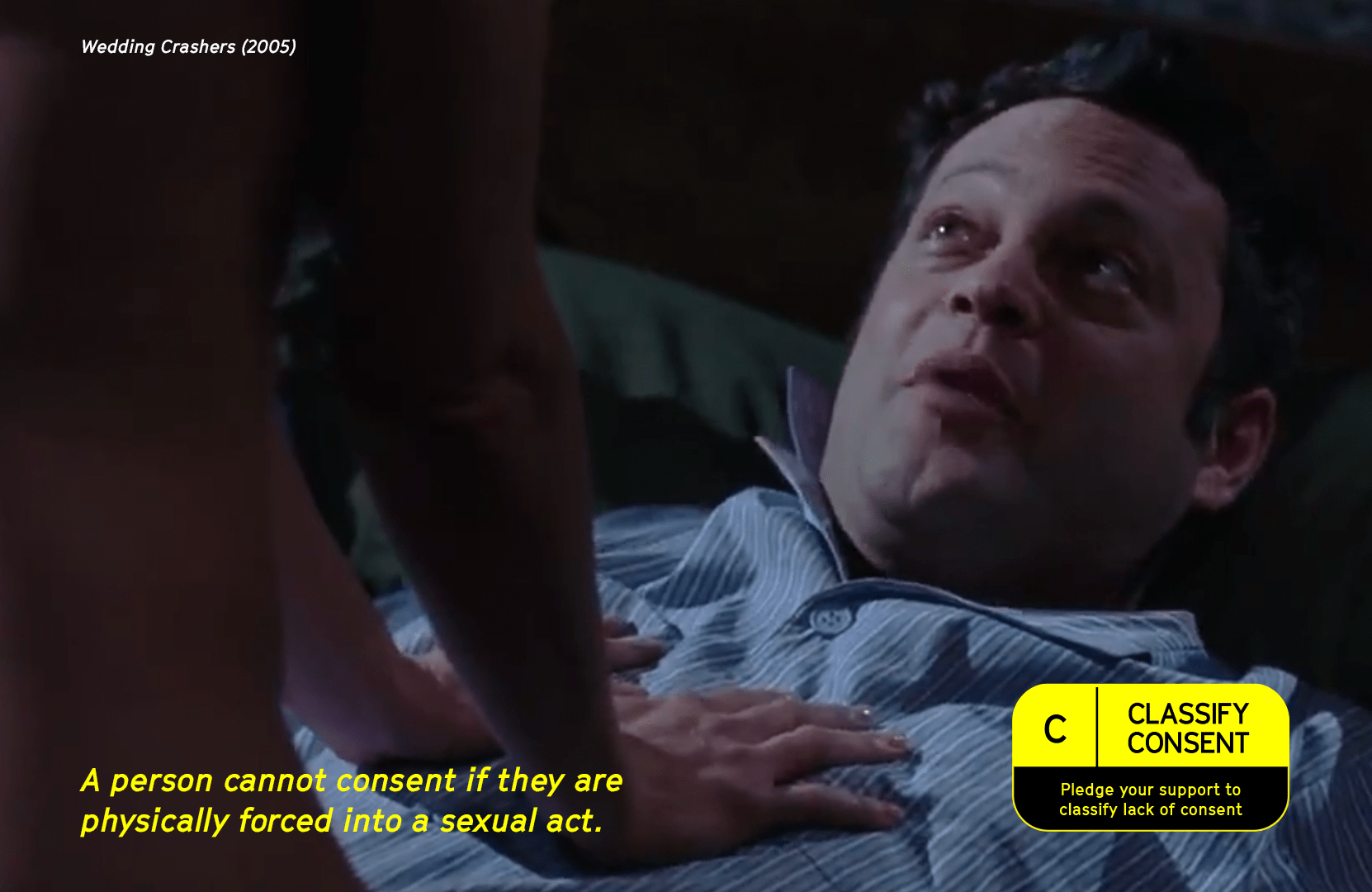
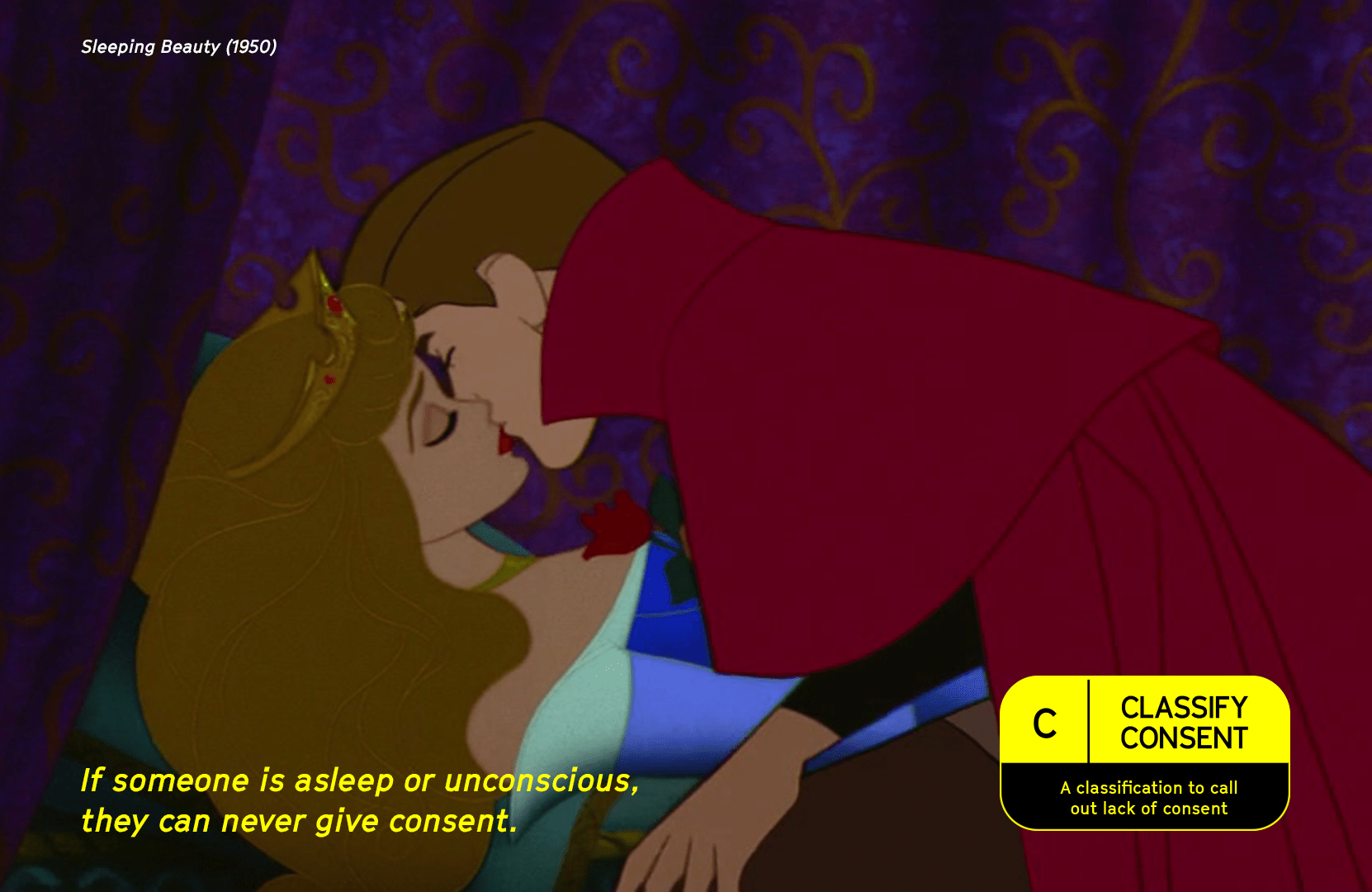
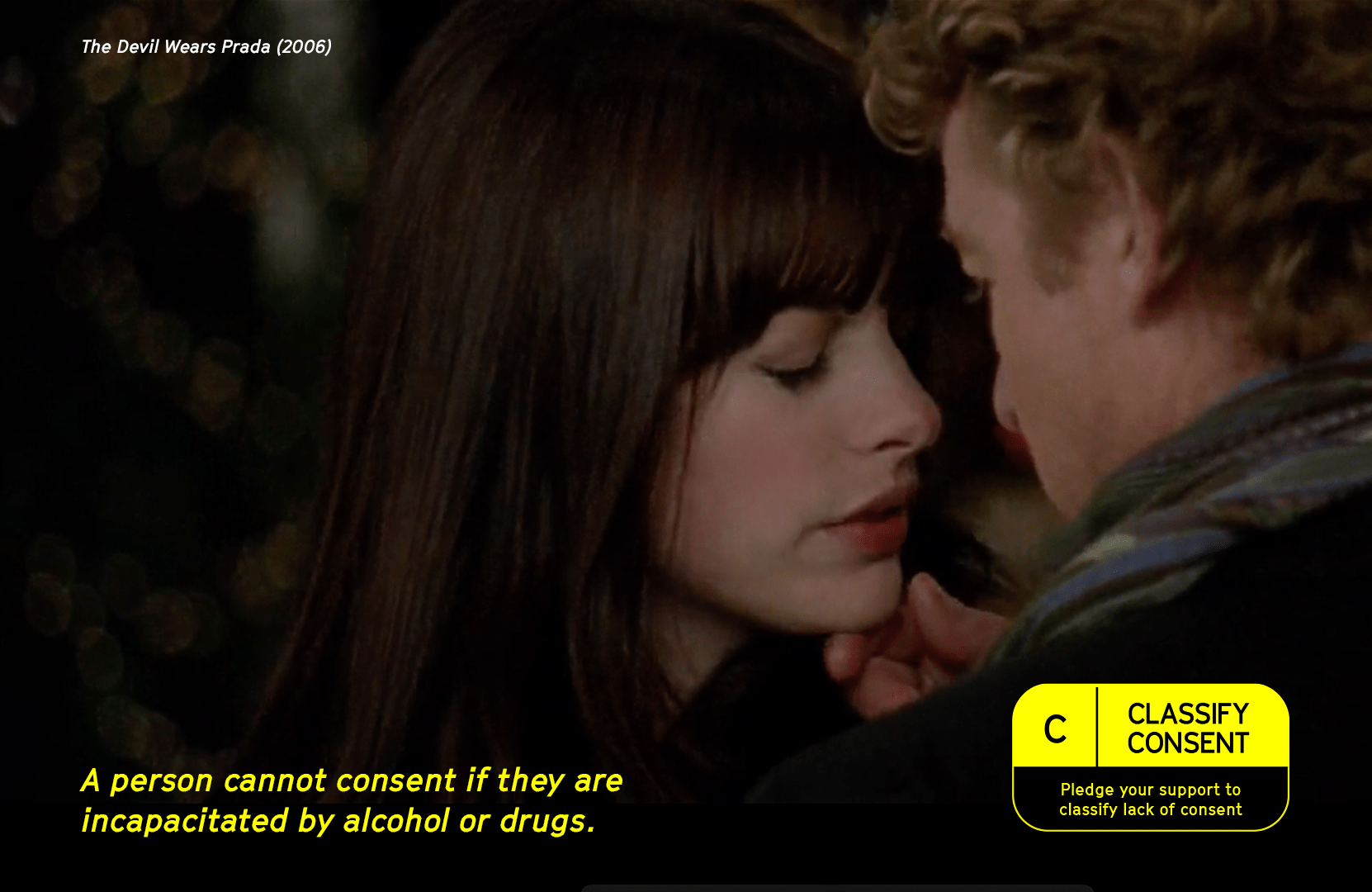
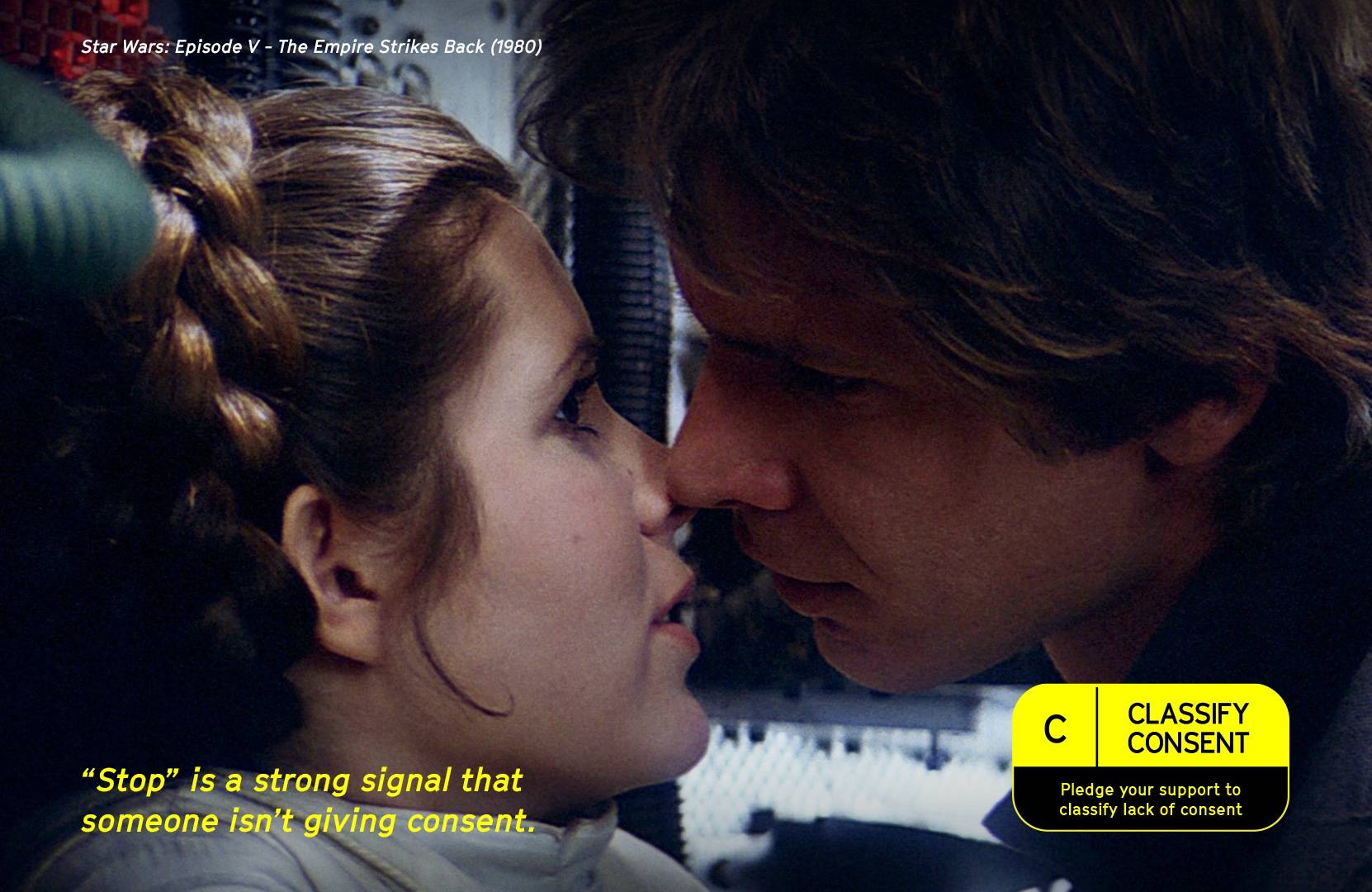
Results
Coverage
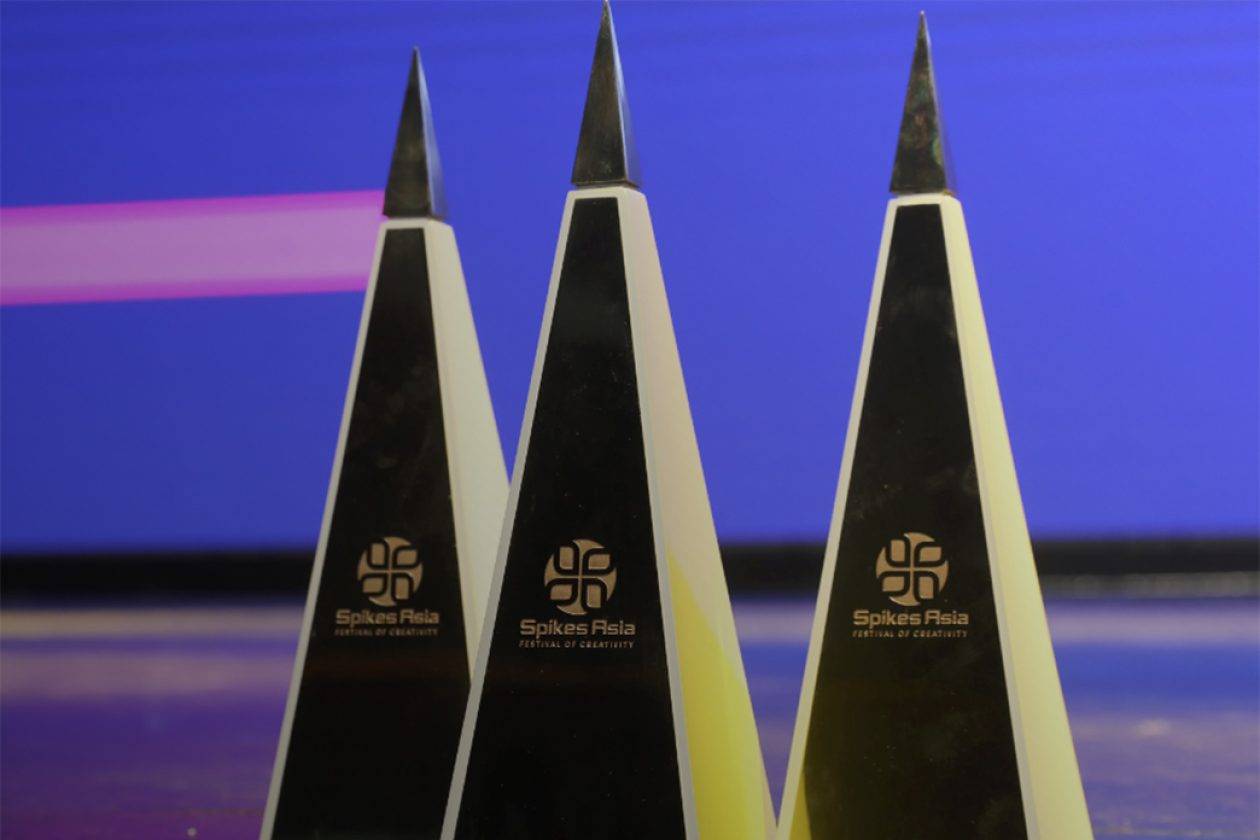
B & T
Classify Consent wins Grand Prix for Good at Spikes Asia

The Guardian
